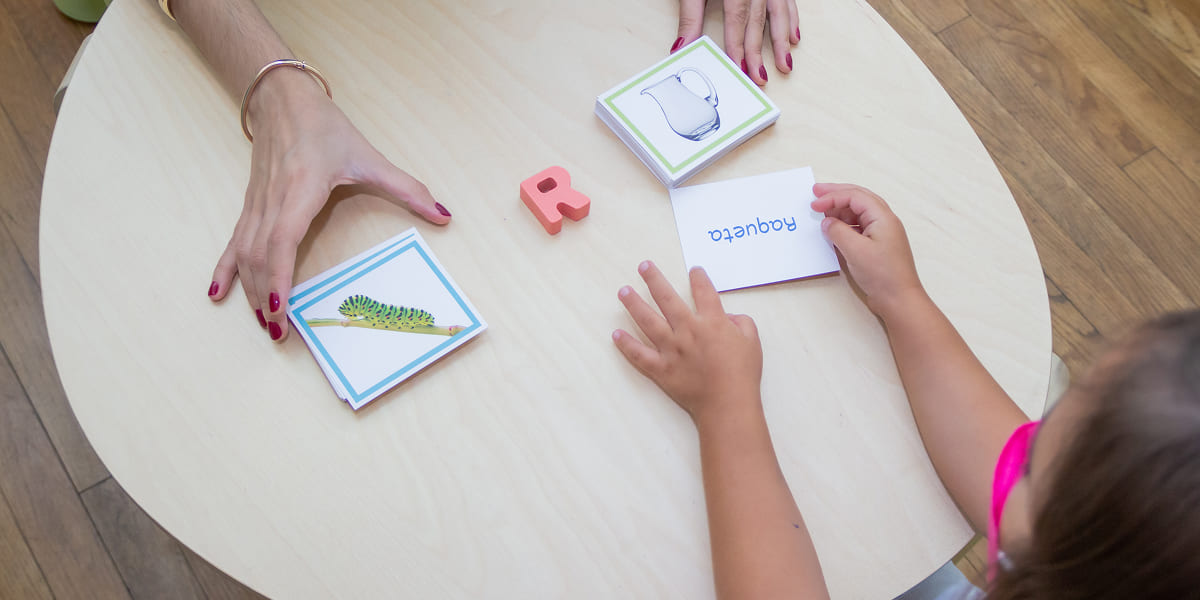Applied Behavior Analysis (ABA) has evolved significantly over the years, moving away from rigid, compliance-based approaches to a more compassionate, child-centered model. Today’s ABA prioritizes respect, individual needs, and a focus on learning through play and positive experiences.
1. Child-Led and Strength-Based Learning
Modern ABA recognizes that every child is unique. Instead of forcing behaviors, today’s approach meets the child where they are, building on their strengths and interests. Therapists use fun, engaging activities to help children develop essential skills in a natural and meaningful way.
2. Prioritizing Communication and Autonomy
A compassionate ABA approach encourages children to express their needs, wants, and emotions in ways that feel comfortable for them. Whether it’s through verbal language, sign language, or communication devices, today’s ABA focuses on empowering the child, rather than just shaping behavior.
3. Respecting Individual Differences
Gone are the days of one-size-fits-all therapy. Today’s ABA values neurodiversity and respects each child’s unique learning style. The goal is not to “fix” a child but to help them gain skills that enhance their quality of life and independence.
4. Building Strong, Trusting Relationships
Compassionate ABA is built on trust and connection between the child, therapist, and family. A strong relationship fosters a safe and positive learning environment where the child feels supported, understood, and motivated to learn.
5. Moving Away from Compliance-Based Methods
Modern ABA no longer relies on outdated practices that focus on strict compliance. Instead, it emphasizes choice-making, flexibility, and emotional well-being, ensuring that children feel respected and heard.
6. Supporting the Whole Family
Compassionate ABA isn’t just about the child—it’s about helping families navigate their journey with confidence. Parent training, collaboration, and emotional support are key components of today’s approach, ensuring that parents feel empowered to help their child thrive.
A Brighter Future for ABA
Today’s ABA is about kindness, understanding, and meaningful progress. By focusing on individualized, play-based, and compassionate strategies, ABA helps children develop skills while feeling safe, valued, and respected. With this modern approach, therapy becomes not just about behavior change but about fostering happiness, confidence, and lifelong success. 


